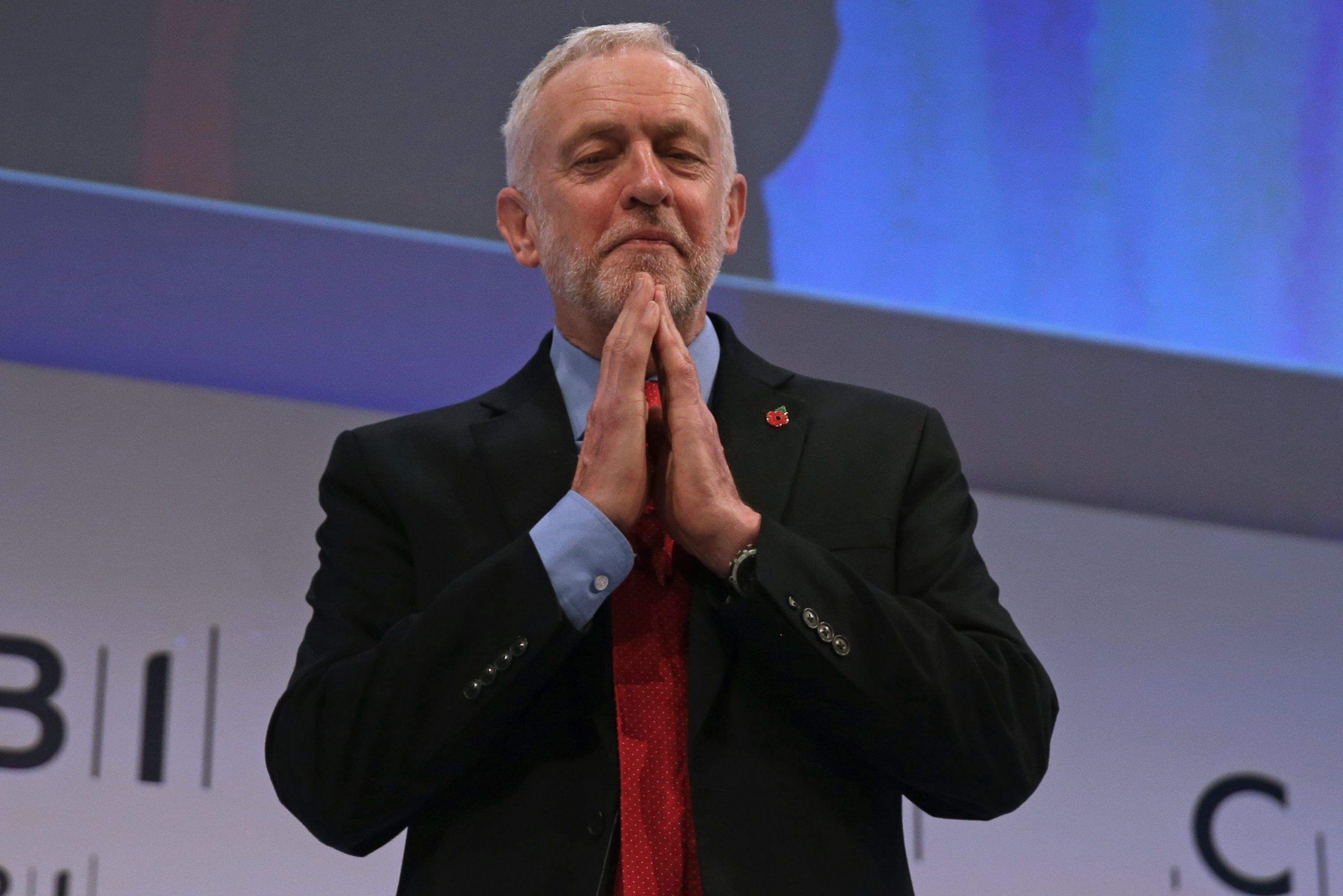
Labour, it sometimes feels, has had more positions than the Kama Sutra on Brexit. During today’s Urgent Question to David Davis, Keir Starmer was said by Labour MPs and journalists to have unveiled another. “Will the Prime Minister now rethink her reckless red lines and put options such as the Customs Union and Single Market back on the table for negotiations?” the shadow Brexit Secretary asked.
Labour is usually described as having ruled out membership of the Single Market and the Customs Union in its 2017 election manifesto (though it has since supported remaining in both for a two-year transition period). In reality, it did no such thing. The party promised a “strong emphasis” on retaining “the benefits” of the Single Market and the Customs Union, and stated that “freedom of movement will end when we leave the European Union”. This was an ambiguous position designed to satisfy Remain and Leave voters and unite the Parliamentary Labour Party – and it worked rather well.
As the Brexit negotiations have become ever more fraught, Corbyn has followed Napoleon’s advice: “Never interrupt your enemy when he is making a mistake”. He has rarely raised the subject at PMQs and has rejected calls for a cross-party commission. But, largely unnoticed, the Labour leader has simultaneously kept all options open.
Corbyn, a lifelong Eurosceptic, has sometimes suggested that Brexit inevitably entails withdrawal from the Single Market (after all, he voted against its creation). But he has never definitely ruled out membership of the Single Market and the Customs Union (or at least something close it). As I recently reported, in his meeting with EU chief negotiator Michel Barnier in October, Corbyn “came across as being in favour, broadly, of staying in the Single Market and the Customs Union”. Though Labour has stated that Free Movement will formally end (a position that satisfies Labour MPs in Leave constituencies), this does not mean that “free movement” will.
In a febrile political climate, Corbyn’s priority has been to avoided binding his hands. Where the public lead, he may follow. As a Labour MP recently told me: “If the leadership think that without a more anti-Brexit position they won’t get into No.10, they’ll move.” Though Labour has not backed a second referendum, it has notably not ruled one out. As Corbyn remarked at a European Socialist Conference last weekend: “We’ve not made any decision on a second referendum. What we’ve said is that we would respect the result of the first referendum.”
At present, Labour’s stance aligns with that of the public. Though a majority of voters now believe the Brexit vote was “wrong” (according to YouGov polling), they also believe the government has a duty to respect it. Like Labour, the public similarly want to end free movement while maintaining the benefits of Single Market and the Customs Union (as Labour does). Oppositions have often profited from demanding the impossible and then complaining when the government fails to deliver.
Hard Brexit, soft Brexit or no Brexit – Labour has not ruled any of these out. To do so now, would risk falling foul of public opinion later. In truth, Labour only has one Brexit position: to keep all options open.





